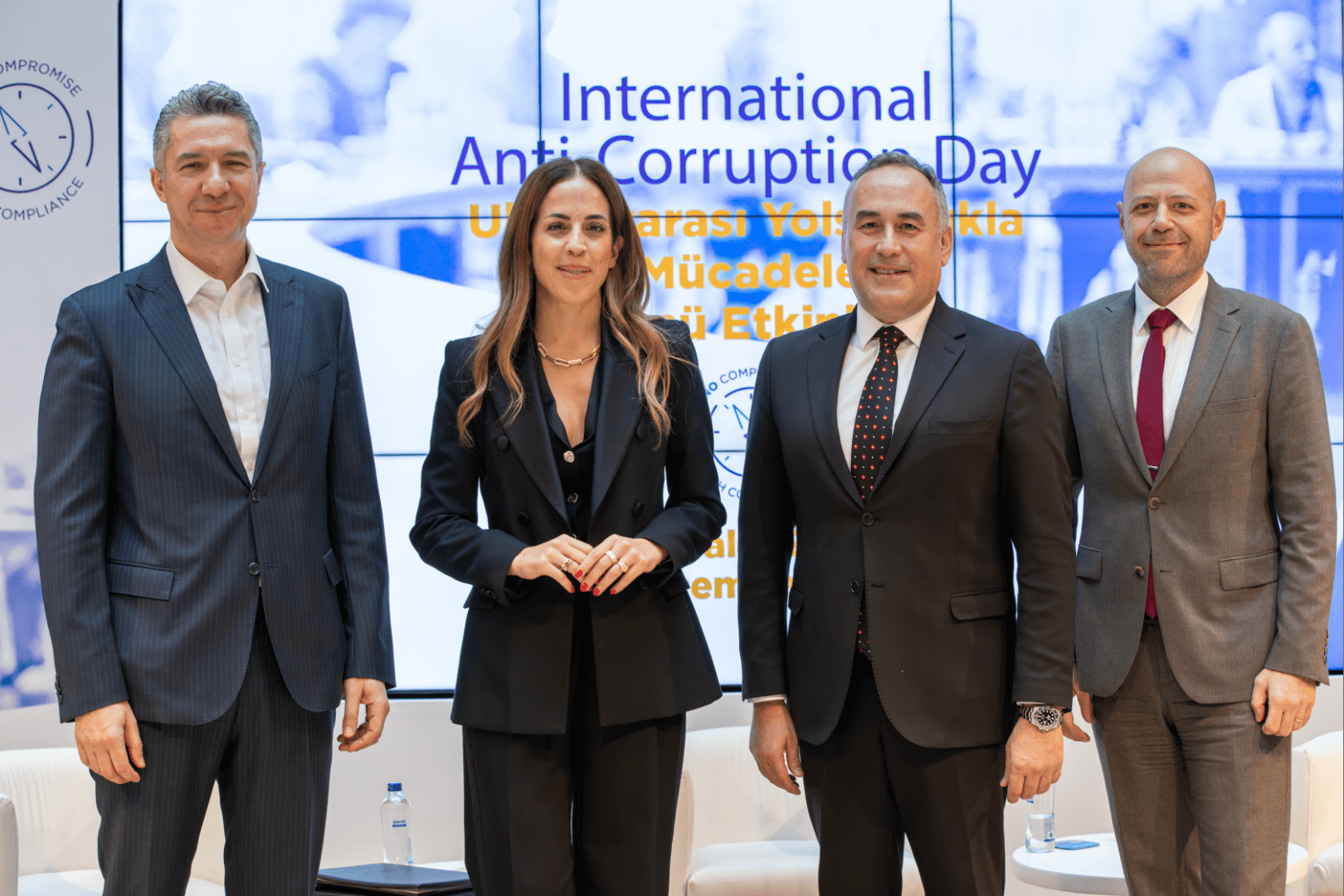
The Galatasaray Case and Thoughts on Compliance and Corporate Governance
Fikret SebilcioğluI am not a football fan. However, when I heard Galatasaray was excluded from participating in the next UEFA club competition due to the failure to comply with the Financial Fair Play of UEFA, I just got alert. Because, the enforcement was nothing to do with “football” but “Financial Fair Play”. Therefore, I thought it is worth diving deeper.
In order to understand what happened, let’s take a look at what UEFA’s Financial Fair Play rules are.
Financial fair play is about improving the overall financial health of European club football. Financial fair play was approved in 2010 and the first assessments kicked off in 2011. Since then clubs that have qualified for UEFA competitions have to prove they do not have overdue payables towards other clubs, their players and social/tax authorities throughout the season. In other words, they have to prove they have paid their bills.
Since 2013, clubs have also been assessed against break-even requirements, which require clubs to balance their spending with their revenues and restricts clubs from accumulating debt. In assessing this, the independent Club Financial Control Body (CFCB) analyses each season three years’ worth of club financial figures, for all clubs in UEFA competitions. The first sanctions and conditions for clubs not fulfilling the break-even requirement were set following this first assessment in May 2014. The conditions relating to non-compliance with break-even requirements were effective for the 2014/15 campaign.
So the financial fair play is not new. It dated back to 2010. I have also noted that there have been some cases where clubs were excluded from participating in the UEFA club competition in the last couple of years. It is clear that UEFA has been serious on the enforcement of rules.
In accordance with the Financial Fair Play, clubs can spend up to €5million more than they earn per assessment period (three years). However, it can exceed this level to a certain limit, if it is entirely covered by a direct contribution/payment from the club owner(s) or a related party. This prevents the build-up of unsustainable debt.
The limits are:
• €45m for assessment periods 2013/14 and 2014/15
• €30m for assessment periods 2015/16, 2016/17 and 2017/18
Galatasaray is a listed company in İstanbul. Galatasaray made an announcement on 19 January 2016 to public informing that UEFA investigators stated Galatasaray accumulated debts of €164.2 million in the last three years and considering the limit of €30 million, the accumulated losses exceeded the limits by €134.2 million. I have looked at the financial statements and noted that the accumulated losses including current year income amounted to approximately TRY 583 million at 31 May 2015. De to the purpose of this article I did not spend anytime to reconcile the TRY amount to the EUR amount but obviously the accumulated losses are far beyond the threshold of Financial Fair Play.
The simple question I am unable to answer is that how come Galatasaray ended up with this clear failure of compliance with the Financial Fair Play rules. The rules are not new and the losses have not been accumulated overnight. As said, Galatasaray is a listed company and there are couple of governance layers such as board of directors, audit committee, corporate governance office etc. I really wonder if this matter was raised by the management or those charged with governance bodies before. If not raised, there is nothing to say! If raised, what actions were taken to mitigate this compliance risk?
I do not know the dynamics in football. What I know is that Galatasaray is a listed company with thousands of investors. In addition, it has millions of stakeholders, namely funs, all over the world. Here is a simple rule as far as the corporate governance is concerned: more stakeholders require more transparency, accountability and of course responsibility. I believe that this case should be discussed further not only by and among the football commentators (through their lingering and irrelevant discussions) but also business people who contribute to the case from the perspectives of corporate governance and compliance. On top of the corporate governance and compliance, someone may raise the bar and say “ethics” and “integrity” should also be talked about. I would not say no to this recommendation!
I suspect that this case is not solely a case of Galatasaray. The UEFA’s decision about Galatasaray may be a signal for other Turkish clubs which may be in the similar situation. I hope they could take actions earlier than UEFA to mitigate risks arising from Financial Fair Play.







